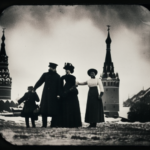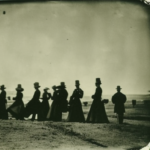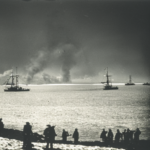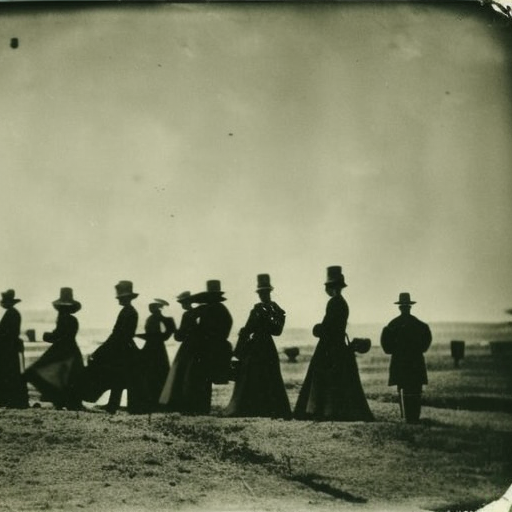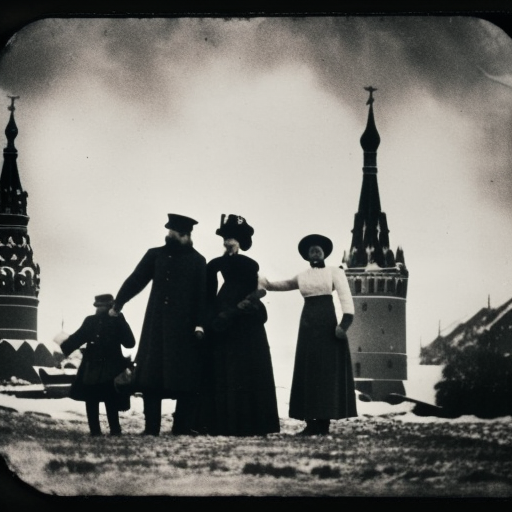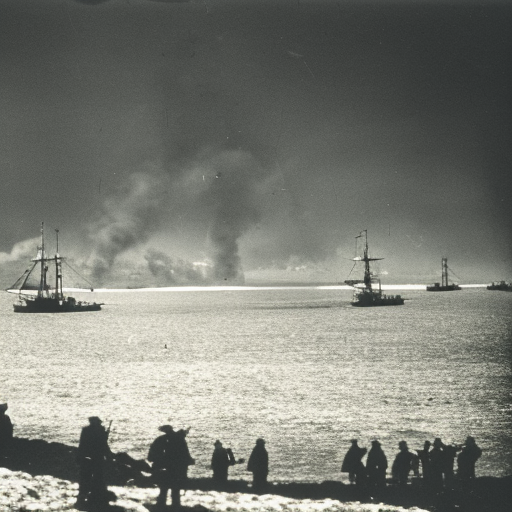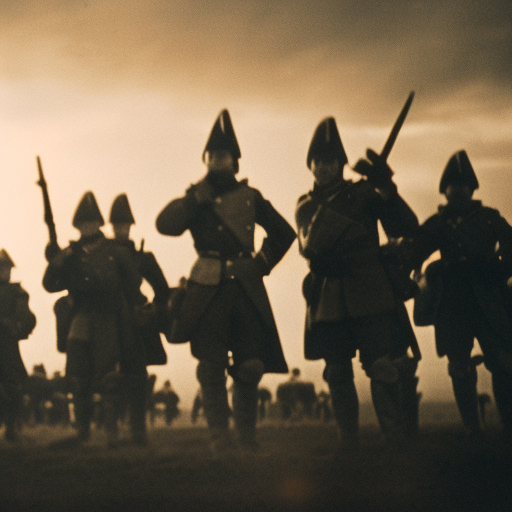The Crimean War (1853-1856)
The Crimean War was a conflict that took place from 1853 to 1856 between the Russian Empire and an alliance of France, Britain, the Ottoman Empire, and the Kingdom of Sardinia. It was primarily fought on the Crimean Peninsula, but also involved naval battles in the Black Sea and the Baltic Sea. The war was sparked by a dispute over religious rights in the Holy Land and the desire of Russia to expand its influence in the region.
Causes of the War
The immediate cause of the Crimean War was a dispute between Russia and the Ottoman Empire over the rights of Christian minorities in the Holy Land. Russia, which saw itself as the protector of Orthodox Christians, demanded that the Ottoman Empire grant it the right to protect the holy sites in Jerusalem. When the Ottoman Empire refused, Russia occupied the Danubian Principalities of Moldavia and Wallachia, which were under Ottoman suzerainty.
The Conflict Begins
In response to Russia’s actions, France and Britain, fearing Russian expansion in the region, declared war on Russia in March 1854. The Ottoman Empire also joined the alliance against Russia. The war initially focused on the Crimean Peninsula, where the allies launched a series of unsuccessful attacks on the heavily fortified Russian naval base at Sevastopol. The siege of Sevastopol lasted for almost a year and resulted in heavy casualties on both sides.
Role of Florence Nightingale
One of the most significant aspects of the Crimean War was the role played by Florence Nightingale. She was a British nurse who arrived in the Crimea in 1854 and revolutionized the field of nursing. Nightingale and her team of nurses improved sanitation and medical care in the military hospitals, significantly reducing the mortality rate among wounded soldiers. Her efforts earned her the nickname “The Lady with the Lamp” and made her a national hero in Britain.
End of the War
The Crimean War ended in 1856 with the signing of the Treaty of Paris. The treaty recognized the neutrality of the Black Sea and limited the naval presence of all signatory powers. It also returned the Danubian Principalities to Ottoman control and guaranteed the rights of Christians in the Ottoman Empire. The war had far-reaching consequences, marking a turning point in European diplomacy and military technology.
Impact of the War
The Crimean War had several significant impacts. It exposed the inefficiencies and corruption of the Russian military and led to widespread reforms in the country. It also weakened the Ottoman Empire, which was already in decline, and further exposed its vulnerabilities to European powers. The war also highlighted the need for improved medical care for soldiers, leading to advancements in military medicine.
Legacy of the War
The Crimean War had a lasting impact on European politics and diplomacy. It shattered the Concert of Europe, a system of international relations established after the Napoleonic Wars, and marked the beginning of a new era of power politics. The war also set the stage for future conflicts, including the Russo-Turkish War of 1877-1878 and the Balkan Wars of the early 20th century.
In conclusion, the Crimean War was a conflict that arose from a dispute over religious rights in the Holy Land and Russia’s desire to expand its influence. It was fought primarily on the Crimean Peninsula and involved naval battles in the Black Sea and the Baltic Sea. The war ended with the signing of the Treaty of Paris in 1856 and had far-reaching consequences for European diplomacy and military technology. It also highlighted the need for improved medical care for soldiers and set the stage for future conflicts in the region.

